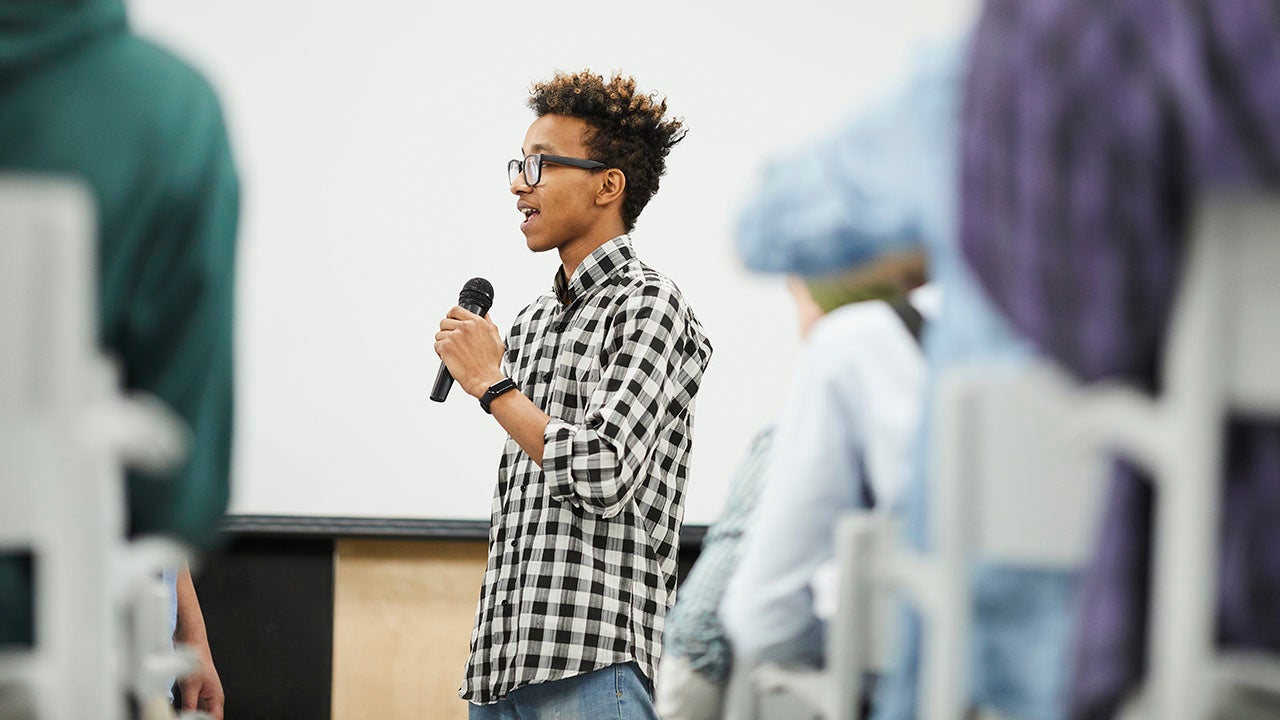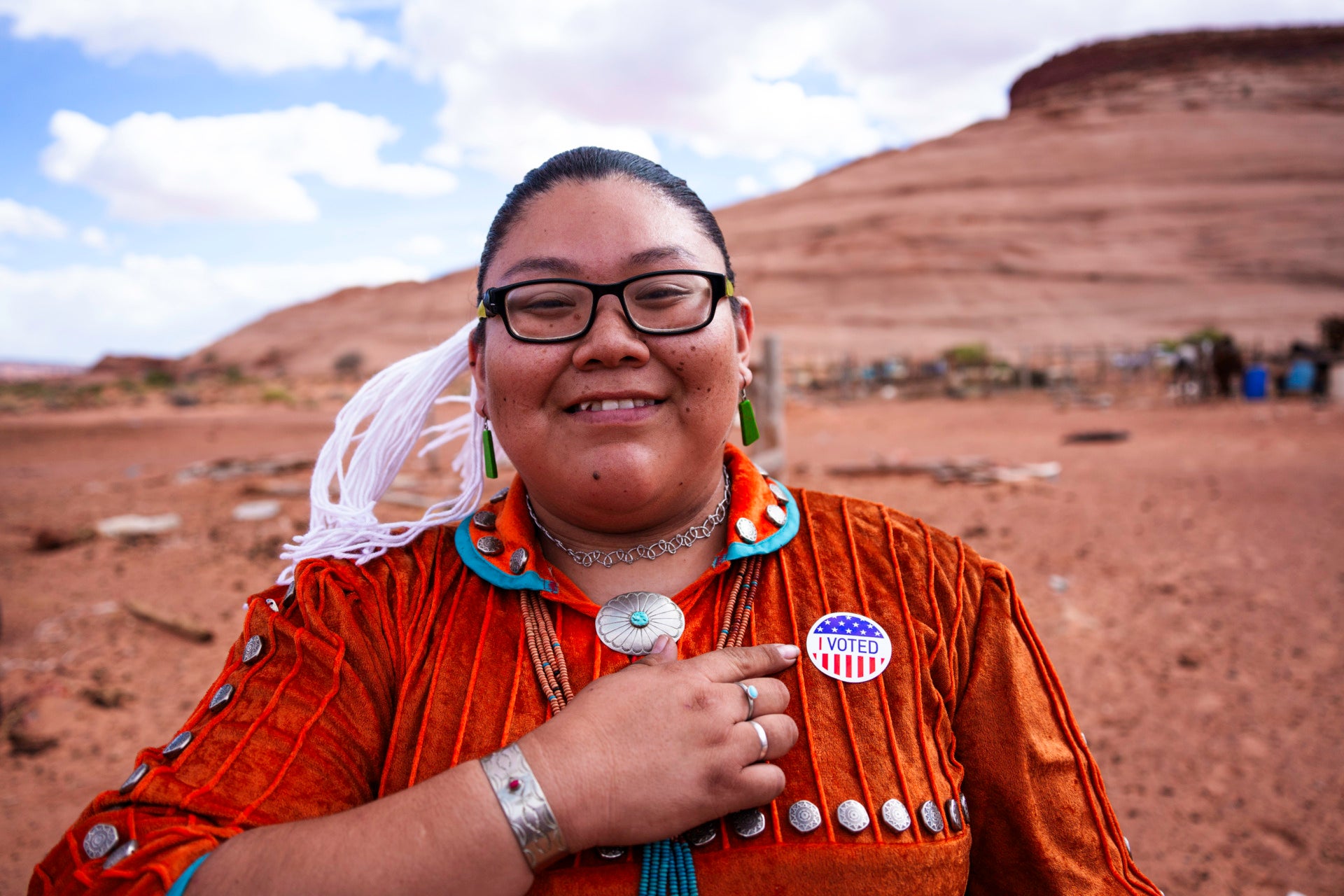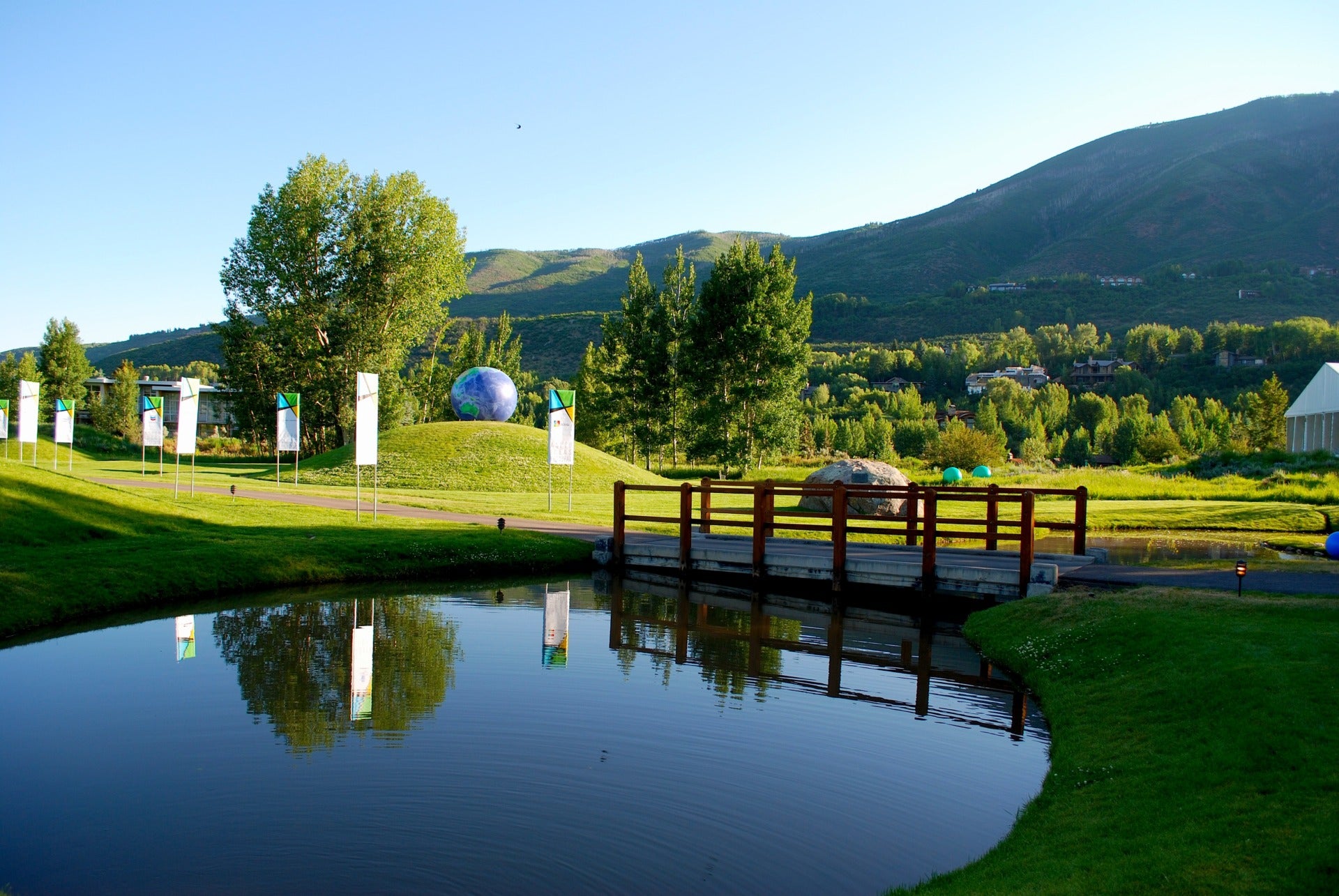It’s a bitter joke: the only thing Americans seem able to agree on is that we’re deeply divided.
But while the second half of that one-liner is both empirically and experientially true, the first half is decidedly not. As Americans—and as moral actors—we have some common dreams for the country we live in, and some shared vision of what living in a good society must be like.
Finding the things that will bring us together seems like an impossible task right now, but the Civil Society Fellowship, a partnership of ADL and the Aspen Institute, is offering a starting point. The Fellowship recently held a town hall for fellows and guests from all around the nation, with the goal of helping America become a place that lives up to its ideals.
Where to start? With three simple—if not terribly easy—steps.
1. Find the good in others.
“You build a good civil society by becoming good neighbors to one another,” said DeAmon Harges, an advocate of the Asset-Based Community Development Institute. The organization uses an approach to neighborhood empowerment that begins with resources rather than needs. “First, you start with the idea that we believe every person should be treated with dignity,” he said. “The first step of that is being able to be present with people.” Harges finds people’s gifts—often gifts they don’t realize they have—by watching what they light up about as they talk. These personal assets become assets to a local community and help us view society as a thing of bounty rather than a thing of scarcity. He thinks America needs to practice “radical grace.”
“Stop the illusion that is either one side or the other, and be radically honest about how we might be in better relationships or be good neighbors to each other,” Harges said.
2. Discover what we have in common.
“The thing that sort of worries me today is that we’re divided like never before,” said Michael Cooper, an attorney and journalist from North Carolina. “It’s not like the 1860s, where there was one predominant issue, and that’s what divided our politics. Today we’re divided because we’re divided by geographic, cultural, racial, and educational lines and we’ve got to figure out how to bridge it.”
Cooper praised the close-knit communities of rural America where people develop deep social bonds through simple proximity. “Because there are fewer entertainment options for things to do on a Friday night, you end up having to go to each other’s house to play pool,” he said. But Cooper doesn’t think small towns exist on some different plane.
“There’s so much in common between small-town Appalachia and what you would have with, a place like Flint, Michigan or a place like Ferguson, Missouri,” he said. Cooper believes the key is understanding that those who have been left behind in big economic or social issues have the same sorts of anxieties about the future.
3. Realize that all of our futures are tied together.
Vanessa Roanhorse is a member of the Navajo Nation and runs a consultancy that helps communities challenge systemic barriers. “There’s clearly a deep need for healing,” she said. “There’s a deep need for recognizing that we’re all human beings on Earth Mother.”
Historically, Indigenous peoples have been subjected to broken treaties, discriminatory policies, and the ravages of dispossession and poverty. While the idea of a good society may seem to be irrevocably broken, Roanhorse sees a way forward.
“At the end of the day, you know, we all go to bed, we wake up the same,” she said. “It’s about how can we recognize that all of our futures are tied to each other.” She believes that we must collectively drive for the greater good of society—one that is healthy, strong, safe, and full of joy.
“We can’t do it alone,” Roanhorse said. “There’s a way for us to recognize that a mutualistic perspective on the world will go so much further than this individual pursuit of what we think is the solo journey.”
America has a long way to go to become a civil society, but by listening to the communities around us, we can collectively begin the process.
You can watch the complete Town Hall, featuring dozens of leaders and thinkers on this topic below:
Find out more about the Civil Society Fellowship at civilsocietyfellowship.org


